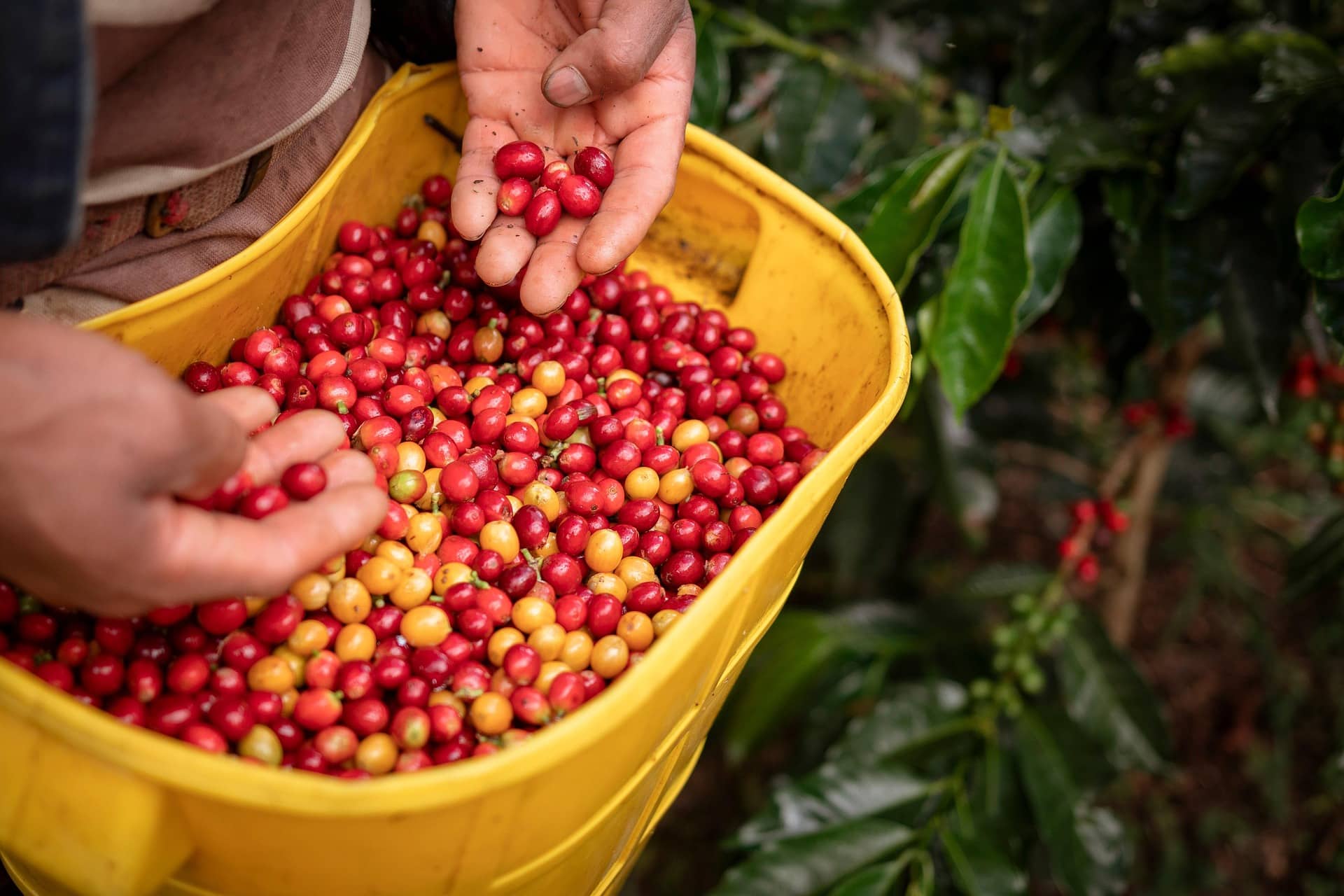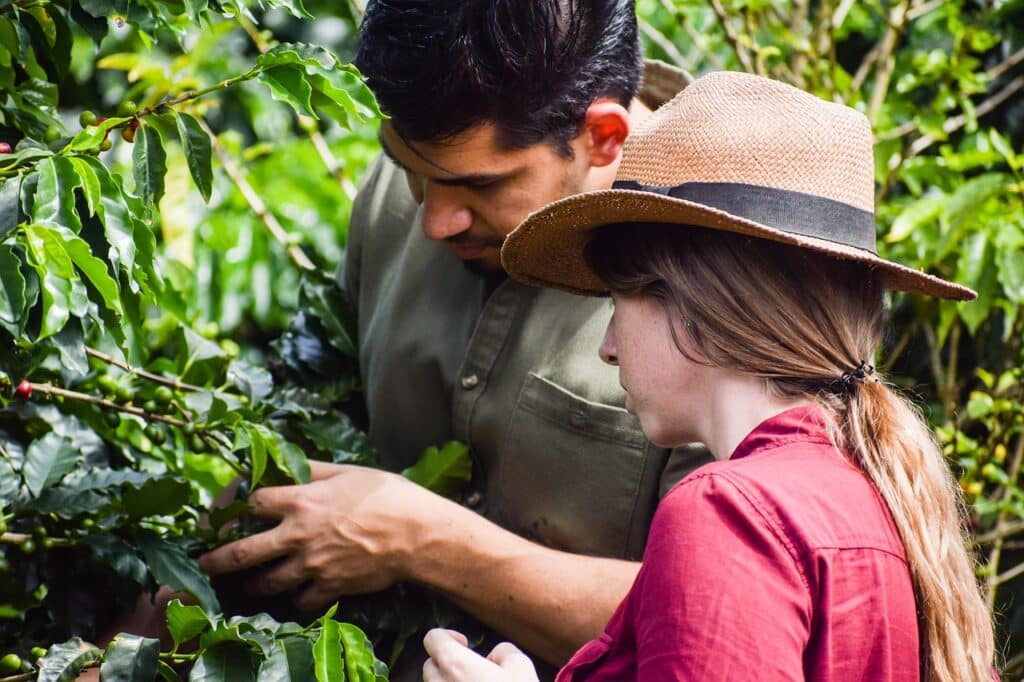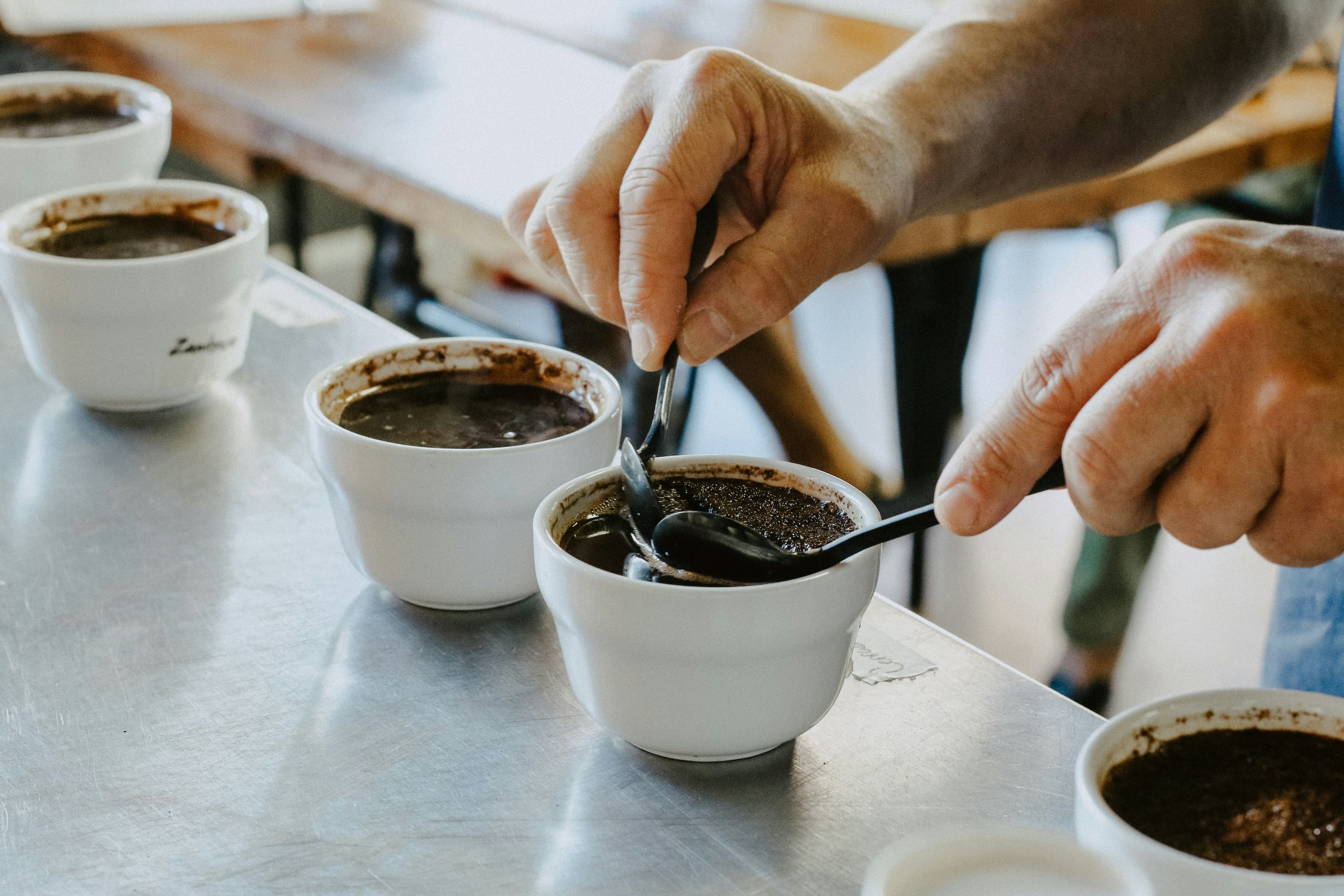
Coffee Certification Challenges
Once thought to be a straightforward incentive for producers and roasters, coffee certification challenges have become increasingly complex …

When you take that first sip of your morning coffee, have you ever wondered about the journey those beans took to reach your cup? Beyond the aroma and flavor, there’s an intricate story of sustainability that lies at the heart of specialty coffee. In this post, we’ll dive into the world of sustainable sourcing, exploring how responsible bean procurement not only benefits the planet but also elevates the coffee experience to a whole new level.
Specialty coffee represents a movement that goes beyond convenience and mass production. It’s about celebrating the coffee bean as an artisanal product, a reflection of its terroir, and a testament to the dedication of the people who bring it to your cup.
Unlike traditional coffee, where the focus is often on uniformity and consistency, today’s innovative coffee roasters aim to highlight the distinctive flavors and characteristics of each coffee bean. This shift in perspective has paved the way for a new degree of creativity within the industry, but it also demands a profound commitment to sustainability.

Sustainability in coffee starts at the very beginning of the supply chain – the coffee farm. To truly appreciate the impact of responsible bean procurement, we need to consider three crucial aspects:
Specialty coffee roasters prioritize partnerships with coffee farmers who employ ethical and sustainable farming practices. This means fair wages, safe working conditions, and investments in the well-being of the farming communities.
Sustainable coffee sourcing also entails practices that minimize harm to the environment. This includes avoiding deforestation, conserving water resources, and reducing the use of harmful chemicals. Organic and bird friendly farming are two prime examples of environmentally friendly approaches.
In the world of specialty coffee, traceability is not just a buzzword; it’s a fundamental principle. Roasters aim to build direct relationships with coffee farmers, ensuring that coffee in your cup can be traced back directly to individual farms and farmers. This level of transparency benefits farmers and consumers, as farmers gain visibility and attribution for their great coffees, and consumers understand exactly what they’re buying.
Sustainable cultivation also benefits the flavor of coffee as well. When coffee beans are grown in an environment that prioritizes biodiversity and quality over quantity, they tend to develop unique and complex flavor profiles.
Coffee grown under the shade of native forestry preserves a habitat for wildlife while also slowing down the ripening process of the coffee, resulting in denser beans with more pronounced flavors. Sustainable farming practices focus on maintaining healthy soil through natural methods, such as composting and crop rotation. Healthy soil yields healthier coffee plants with more vibrant flavors. Sustainable coffee farmers often handpick coffee cherries when they are perfectly ripe. This meticulous attention to detail ensures that only the best cherries are selected, leading to a more flavorful brew.
We often think of sustainability as only related to environmental or agricultural practices, but it’s important to think about financial sustainability as well, as a component of sustainable farming and sourcing. A coffee farm might have all the environmental and agricultural certifications you could ever want, but if those farmers are not generating a sustainable living wage, then they will have no choice but to convert the farm to other crops, or convert the land to entirely different uses. Especially as climate factors continue to change and coffee cultivation becomes more challenging and costly, the financial sustainability piece of the equation is critical. Farmers will be facing trade-offs and opportunity costs in continuing to farm coffee, and it may appear beneficial or even necessary to dial back sustainability initiatives in order to maintain their economic standing. But by including economic sustainability in the conversation along with environmental and agricultural sustainability, we can help ensure farmers never have to face that fork in the road and can focus on cultivating the best coffees the world has to offer.
In the world of third-wave coffee, sustainability is not an afterthought; it’s becoming a foundational aspect of the supply chain from start to finish. The journey from the coffee farm to your cup is a story of ethics, environmental stewardship, and the celebration of flavor diversity. By choosing sustainably sourced coffee, you become a part of this story, supporting farmers, preserving biodiversity, and enjoying coffee that’s not just a beverage but a journey of conscious choices and unparalleled taste.

Once thought to be a straightforward incentive for producers and roasters, coffee certification challenges have become increasingly complex …

Each quarter in our benchmarking report, we analyze a broad sample of single origin coffees from hundreds of small roasters …

You read tasting notes because they promise an experience. Yet the language on coffee bags often feels repetitive …
